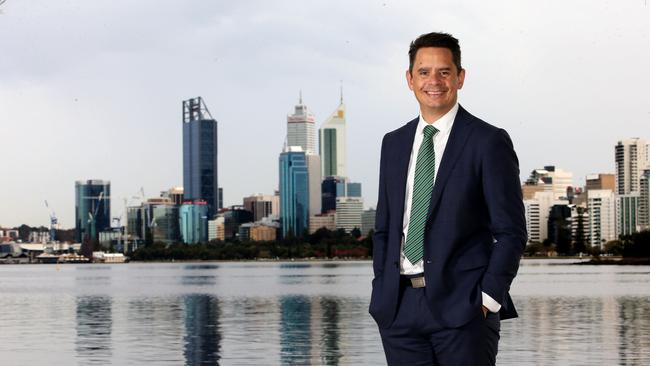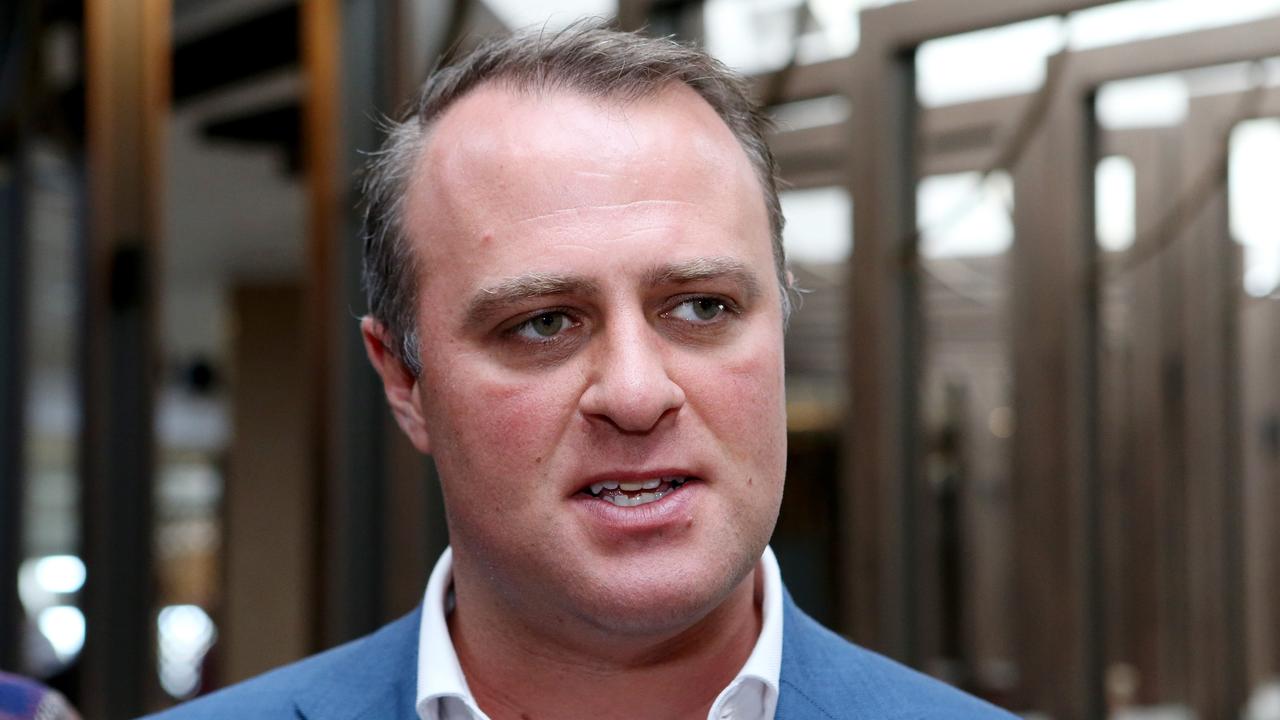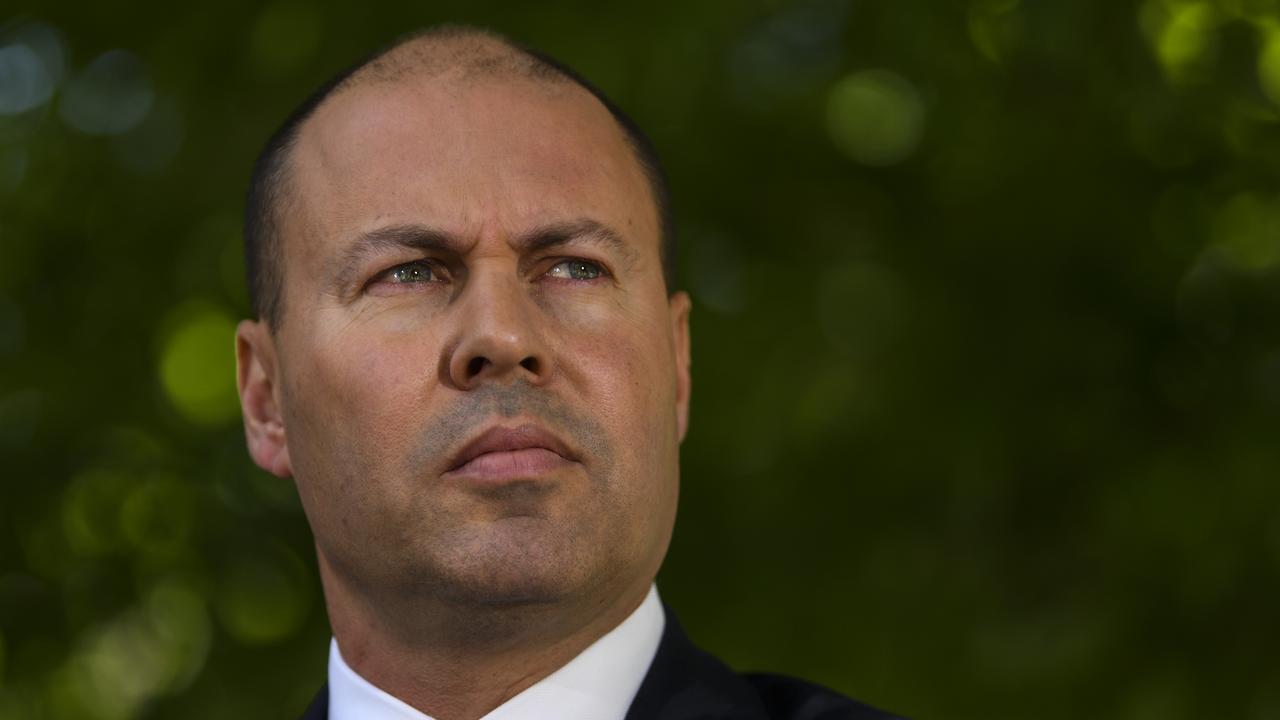State GST backlash a headache for Turnbull
The states are set for a brawl over the GST carve-up after the Productivity Commission recommended major changes.

The states are set for a brawl over the GST carve-up after the Productivity Commission recommended changes that would penalise weaker states while boosting Western Australia’s coffers by as much as $3.6 billion this year.
The report’s findings sparked immediate anger from Tasmania and the Northern Territory and could create a fresh political headache for the Turnbull government, which commissioned the inquiry in a bid to appease WA.
WA Treasurer Ben Wyatt praised the draft report as a “very good first step” for his cash-strapped state and called on Scott Morrison to move quickly when the final PC report was delivered in January.
“I certainly don’t want to hear any language from them that suggests they’re going to crab-walk away from immediate delivery of the recommendations,” he said.
The PC said the Commonwealth Grants Commission should move from its longstanding system of distributing the GST through “full equalisation” — a method aimed at bringing every state to the same level as the fiscally strongest state. It recommends the formula be changed to ensure each state can provide a reasonable standard of services. This would be done by benchmarking to the states’ average or the second strongest state.
Adopting this method would deliver a windfall of as much as $3.63bn to WA in 2017-18. All other states would lose money, led by Queensland ($1.6bn), Victoria ($970 million) and SA ($560m).
“Equalising comprehensively and to the fiscally strongest state means that the redistribution task is too great for any jurisdiction to bear, and is volatile at times of significant cyclical and structural change” the report said.
The issue will come to a head at a meeting in Sydney of state treasurers on October 27, which will be attended by the Productivity Commission.
The reforms will put pressure on federal government ministers from Victoria and Queensland, the states that would lose the most under the plan.
Revenue and Financial Services Minister Kelly O’Dwyer, whose seat of Higgins is in Melbourne’s east, told the Herald Sun: “I am a proud Victorian and will always stand up for Victoria’s interest.”
Tasmanian Premier Will Hodgman said the proposed changes would cost his state $1bn over four years and reward WA for its poor budget management.
Tasmania will receive a GST relativity of $1.80 this year — compared with a national average of $1 — while WA will receive just 34c.
“We will use every single lever we have, every trick we can pull and every punch we can throw to protect Tasmania’s fair share of the GST,” Mr Hodgman said.
NT Treasurer Nicole Manison described the report as “extremely concerning” and said she would fight the proposed changes.
South Australian Labor Premier Jay Weatherill warned changes to the GST distribution would “sacrifice fairness” and cost his state hundreds of millions of dollars a year.
NSW Liberal Treasurer Dominic Perrottet said it was “encouraging” that the PC had acknowledged the GST system was in “dire need of an overhaul”.
The federal Treasurer said the report showed the current GST carve-up meant some jurisdictions had a “disincentive to undertake positive changes to their tax systems”.
Mr Morrison also warned a “false sense of precision” had skewed the process of horizontal fiscal equalisation so there was now insufficient flexibility in how the GST split could accommodate significant shocks like that posed in the post-mining boom period.
Mr Morrison said the current system had seen states such as WA receive an unfair share of the GST and the interim report had rejected federal government top-ups, floor prices and an equal per capita distribution of the GST as “Band-Aid” solutions.
Opposition Treasury spokesman Chris Bowen said it was incumbent on Mr Morrison to “rule out making any state worse off when it comes to GST distribution”.
Additional reporting: Matthew Denholm, Simone Fox Koob


